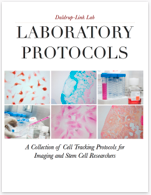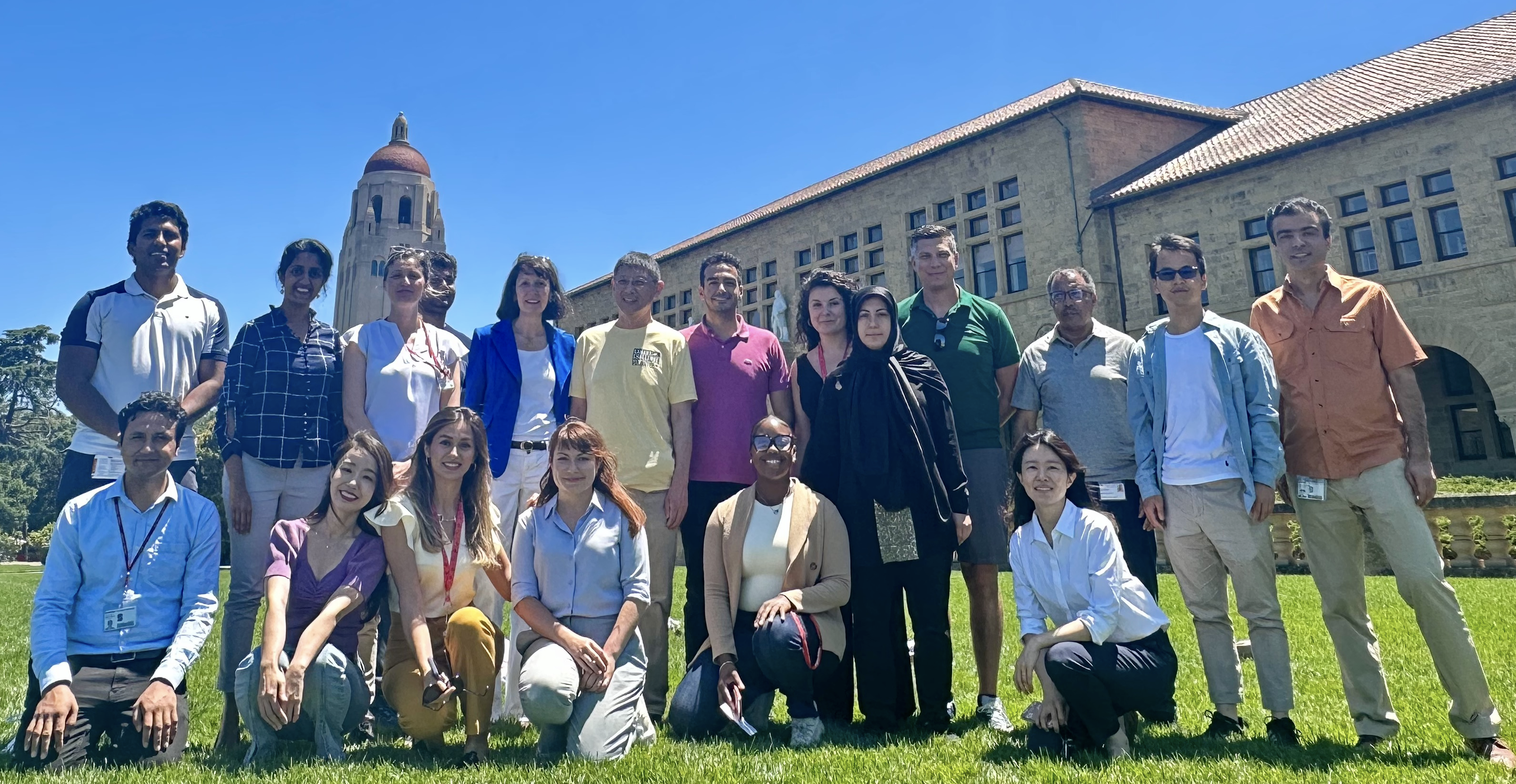
Pediatric Molecular Imaging Team
Principal Investigator

Heike Daldrup-Link, MD, PhD
Professor of Radiology and by courtesy, of PediatricsDirector, Pediatric Molecular Imaging, Molecular Imaging Program at Stanford
Co-Director, Cancer Imaging & Early Detection Program, Stanford Cancer Institute
As a physician-scientist being involved in the clinical care of pediatric patients and developing novel imaging technologies in a basic science lab, my goal is to link the fields of Nanomedicine, Cell Biology and Medical Imaging towards more efficient diagnoses and image-guided therapies. Our research team successfully translated numerous nanomedicine technologies from preclinical research concepts to clinical applications, thereby creating direct value for our patients.
Email » | Phone: (650) 723-8996 |
Stanford Profile
Lab Members

Mairead Barroso, MA
Administrative AssociateAs an administrative assistant and research administrator I work with the Daldrup-Link Lab to facilitate grant proposals and management. I also coordinate with Dr. Daldrup-Link and her lab members to manage ongoing and upcoming studies ensuring
that they are compliant with university and sponsor policies.
| Phone: (650) 725-2548

Laura J. Pisani, PhD
MR PhysicistMember, Molecular Imaging Program at Stanford (MIPS)
Stanford University School of Medicine
As an MRI Physicist, I support the Daldrup-Link lab in development of non-invasive MRI techniques and clinical data analysis for in vivo diagnosis of immune responses to solid organ transplants. I provide monthly Introductory MRI seminars; hands-on
training for MRI, micro-PET, fluorescence imaging; and help optimize experimental design and image data analysis.
| Phone: (650) 498-7865 |
Stanford Profile

Edwin Chang, PhD
Director of the Preclinical Imaging Facility at the Canary CenterI previously worked at Geron Corporation (Menlo Park, California) where I studied the mechanism of cellular immortalization and cellular aging with the goal to develop new therapies against cancer. I joined Stanford University in 2002 and the Molecular Imaging Program at Stanford (MIPS) in 2009, where I explored the applicability of various modalities (PET, BLI, CT, MRI, US) for many projects related to cancer under the leadership of Sanjiv Sam Gambhir. Most recently, I joined the Daldrup-Link lab where I continue to investigate new cell therapies for the treatment of glioblastoma with multi-modality imaging techniques. Since, July 2020, I have been appointed Director of the Canary Core Preclinical Imaging Facility at the Canary Center of Stanford, Stanford University.
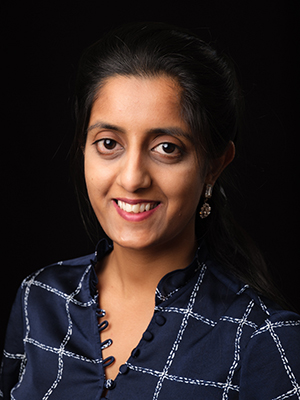
Vidyani Suryadevara
Instructor, ResearchDr. Suryadevara is a Bioengineer having a breadth of experiences across different scientific disciplines including pulmonary diseases, Alzheimer's disease and the musculoskeletal disorders, wherein her research projects involved identifying new therapeutic targets and developing imaging modalities for early diagnosis of the disease, thus eventually improving the quality of life in patients. Currently, she is part of the SENET consortium at Stanford wherein she leads the preclinical studies focusing on developing a novel noninvasive multimodality imaging approach to detect senescence in arthritis models.
Dr. Suryadevara is also a Global Health Faculty Fellow in the Centre for Innovation in Global Health and serves as a mentor for the Leadership Education in Advancing Diversity Program.
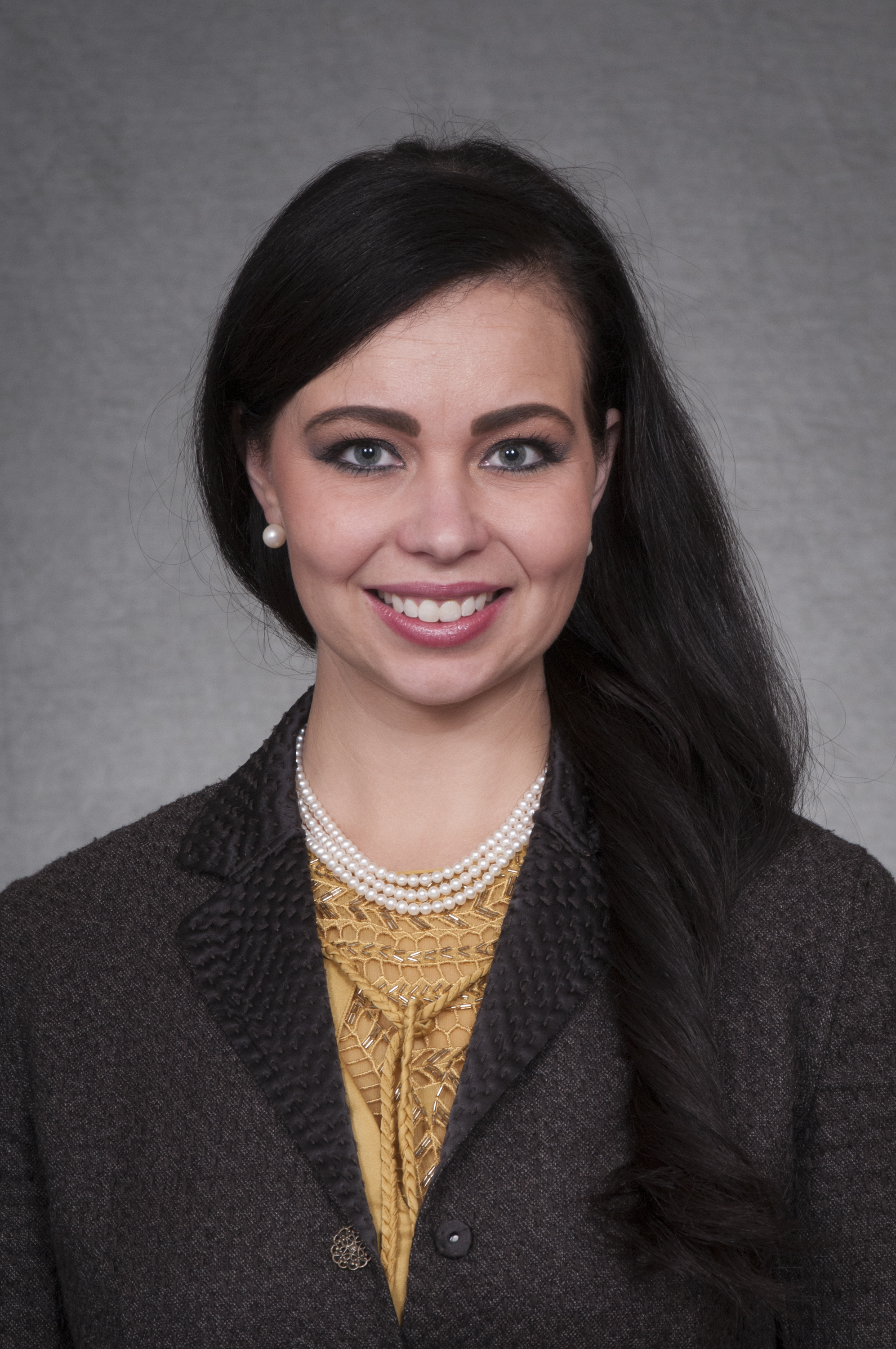
Elizabeth Hawk, MD, PhD
RadiologistDr. Hawk is a Nuclear Medicine Physician and Neuroradiologist. Following an undergraduate degree in Molecular Cell Biology at UC Berkley, Dr. Hawk completed a master's in medical radiation physics and a PhD in Neuroscience at The Chicago Medical School (RFUMS). She then completed her medical doctorate, residency and dual fellowship requirements at the University of Southern California (USC) and is now dual board certified in Nuclear and Molecular Medicine as well as Radiology. Currently, Dr. Hawk’s research focuses on artificial intelligence applications in patient centered care and the ethical challenges in artificial intelligence adaptation.
She holds several national leadership positions in organized medicine and is a proud member of the RADequal board, promoting diversity in medical informatics. Dr. Hawk is also faculty for the ACR Radiology Leadership Institute.
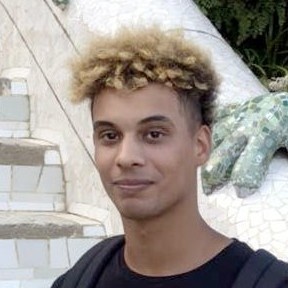
Michael Barrow, PhD
Research EngineerMy background is Computer Science (PhD) and Electrical Engineering (MSc). I am interested in the application of AI/ML in oncology diagnosis and treatment problems. In particular I am exploring questions regarding how AI can boost clinical workflow productivity with decision making aids.
My projects seek to build models of rare disease from complex structural and functional data modalities that can be applied to downstream clinical tasks. My goal is that such models will reduce the cognitive load and save the time of a clinician user.
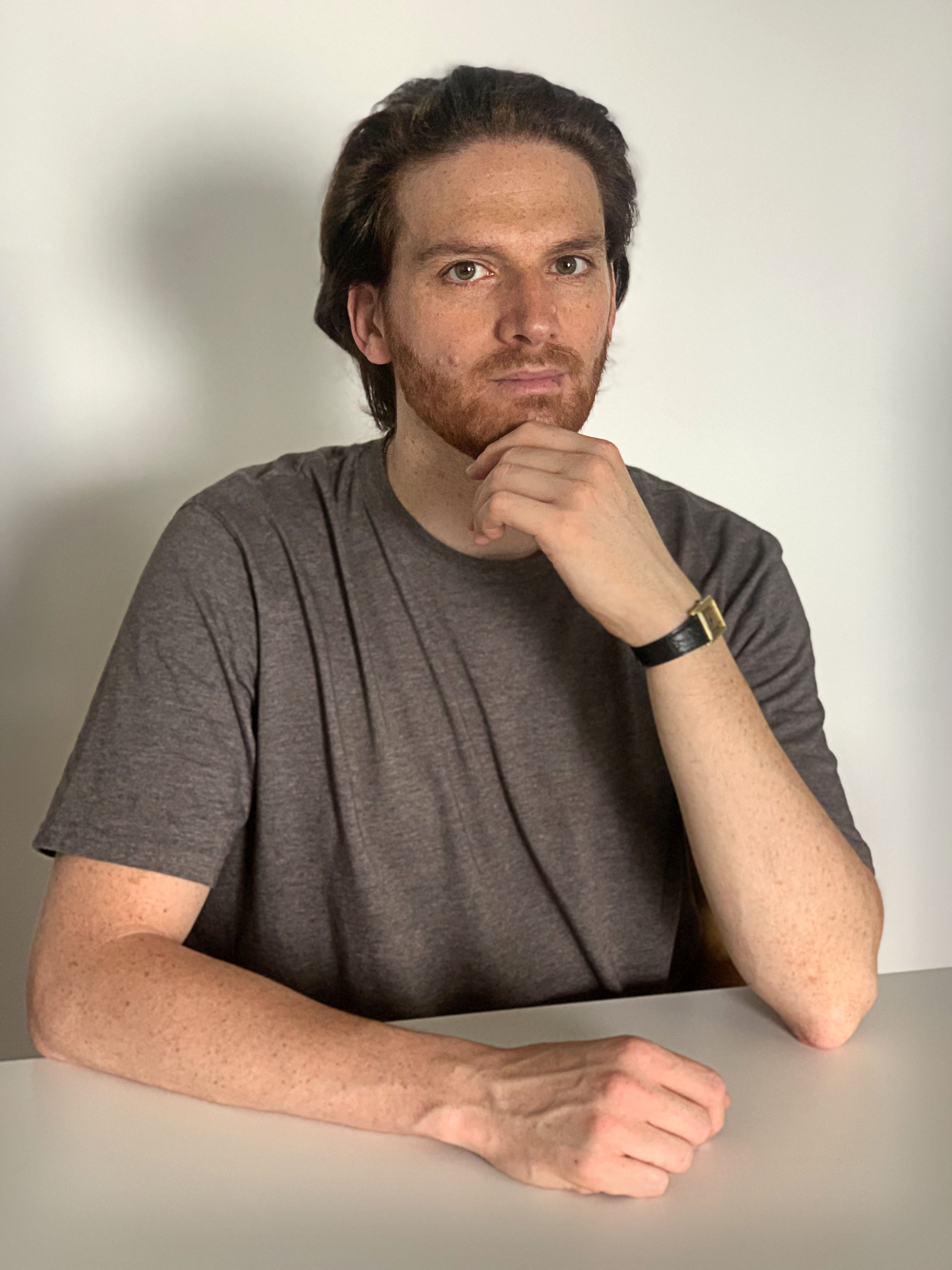
Giacomo Annio, PhD
Postdoctoral Research FellowI am a physicist by training (MSc) with a strong focus on Applied Biomechanics. I earned a Master of Research in Medical Imaging and obtained an EPSRC fellowship to carry out my PhD at University College London. My background embeds imaging and diagnostic methodologies at microscopical level (nanotechnology) and at macroscopic level (using MRI).
I developed a highly international character, having studied and worked in 5 countries (Italy, France, United Kingdom, Norway and United States), participating in research funded by international grants in numerous institutions across the world. I recently received a Horizon Marie Curie Global Fellowship from the European Commission which is funding the project GLIOBID: Guiding glioblastoma treatments by decrypting tumour biomechanics via Magnetic Resonance Elastography. This project will be carried out at Stanford under the supervision of Prof. Heike Daldrup-Link to use theragnostic cutting-edge technologies to reshape the tumour microenvironment and improve treatment outcomes.
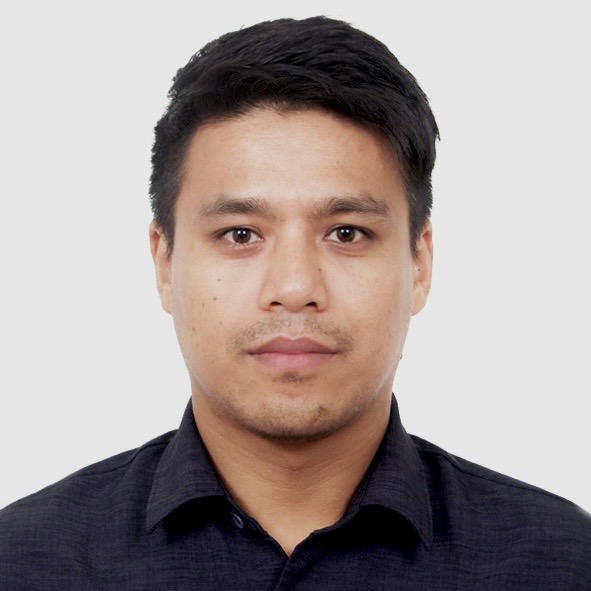
Ramesh Duwa, PhD
Postdoctoral Research FellowI am a postdoctoral research fellow in the Daldrup-Link lab at the department of Radiology (Stanford University). I received my PhD in 2023 in molecular imaging and targeted therapeutics from Keimyung University of South Korea. My research interest focuses on the development of theranostics nanoparticle and nanoparticle-drug conjugation (NDC) for targeted delivery of drug and/or diagnostic agents to the cancer miscroenvironment, using molecular imaging for in vivo drug tracking. I am currently focusing on development of theranostic nanoparticles for image-guided drug delivery to brain cancer. Beside this, I am collaborating on molecular imaging of CAR-T cell-based immunotherapy. I am dedicated to collaborating with like-minded scientists and contributing to advancements in this exciting field.
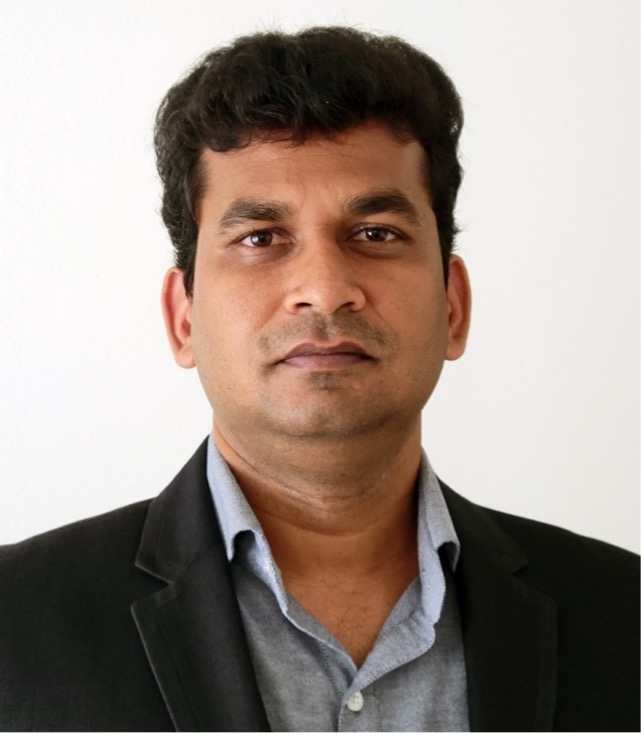
Manoj Kumar, PhD
Postdoctoral Research FellowMy curiosity is in visualizing the biological characteristics of malignant tumors using non-invasive imaging approaches such as PET and MRI. These imaging modalities enable imaging-guided treatment identifying the molecular signatures of cancer, thus individually tailoring treatment plans for patients. During my doctoral training, I developed a PET imaging approach to evaluate endocrine therapy responses in breast cancer. Since then, I have expanded my research interest to a variety of other solid cancers, including prostate cancer and bone sarcomas. My current research focuses on assessing immunotherapy response by visualizing tumor immune markers. The ultimate goals are to develop new PET and MR imaging probes and more effective immunotherapy approaches for image-guided cancer therapies. To achieve this, I am presently employing antibody-based PET imaging and therapeutic strategies to modulate immune functions and restore the suppressed immune response against cancer cells. I collaborate with interdisciplinary scientists focused on translating preclinical findings into clinical studies. My long-term goal is to be an independent translational scientist focused on developing new imaging and therapeutic strategies in cancer.
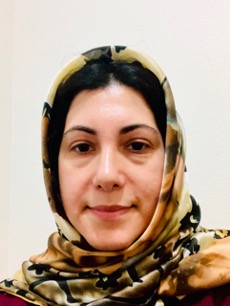
Raheleh Roudi, PhD
Postdoctoral Research FellowI am a research scientist in the Department of Radiology at Stanford University. I worked as an Assistant Professor at the Iran University of Medical Sciences, Iran from 2015 to 2019, before coming to the United States. During this time, I worked on several projects which have led to successful collaborations with the Karolinska Institute; Charite University Hospital in Berlin; Oslo University Hospital; National University of Singapore; Shanghai University of Traditional Chinese Medicine and University of Brescia, among other internationally recognized institutions. I was a visiting scientist at the University of Texas at San Antonio and then appointed as a postdoctoral research associate at the University of Minnesota for one year, before joining Stanford University in 2022. At Stanford, I investigate novel immunotherapies for osteosarcomas with ferumoxytol-MRI and PET/MRI. My research interest focuses on molecular imaging, molecular oncology and immunotherapies of solid tumors. I published more than 40 peer reviewed scientific manuscripts thus far.

Giovanni Marco Saladino, PhD
Wallenberg Postdoctoral ScholarI am a Postdoctoral Scholar in the Department of Radiology at Stanford University. I graduated in Engineering Physics with a BSc at Politecnico di Milano (Italy) and an MSc at KTH Royal Institute of Technology (Sweden). In 2024, I obtained my PhD in Biological and Biomedical Physics from the Department of Applied Physics at KTH Royal Institute of Technology.
My research interests lie at the intersection of molecular imaging, nanomedicine, and nanomaterials. Specifically, I focus on developing novel contrast agents and exploring advanced imaging techniques. During my PhD studies, I designed hybrid multimodal contrast agents for complementary imaging using X-ray fluorescence computed tomography, magnetic resonance imaging, and optical fluorescence imaging. I am currently involved in investigating theranostic applications of nanomaterials, which hold great promise for personalized medicine and targeted therapies.

Zahra Shokri, MD
Postdoctoral Research FellowI am an MD, and my goal in novel cellular and molecular imaging is to develop novel in vivo imaging approaches to visualize, characterize and quantify molecular and cellular processes involved in developing cancers. I intend to develop a method for determining tumor profiles, selecting patients for individualized immunotherapy, and monitoring their results. I hope cancer to become history.
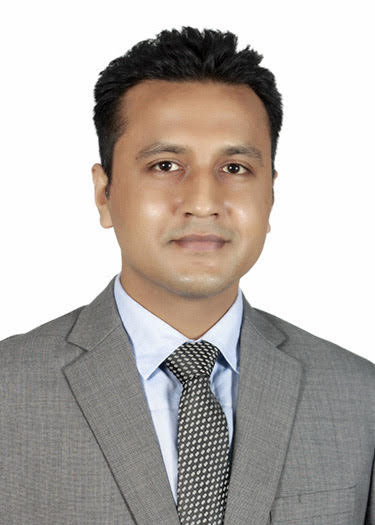
Shashi Singh, MBBS
Postdoctoral Research FellowMy research interests include studying the association between structural and molecular imaging findings and developing artificial intelligence models for the efficient diagnosis, staging, and management of malignancies and inflammatory disorders. Some of my specific interests include PET/CT and PET/MRI, theranostics, and dosimetry. Besides working on PET radiotracers like FDG and NaF, I am highly fascinated with ferumoxytol-enhanced MRI, and newly emerging theranostics agents such as FAPI, PSMA, and DOTATATE.
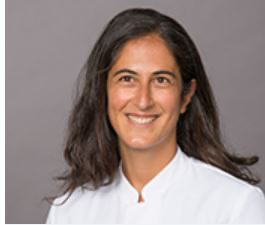
Yasemin Tanyildizi, MD
Postdoctoral Research FellowI am a board-certified radiologist deeply committed to advancing the field of science, with a special focus on musculoskeletal and neuroradiology. My passion lies in developing innovative methods, devices, and agents to enhance patient health outcomes. One of my primary research areas revolves around arthritis, a major age-related illness, where I strive to image and understand the age-related changes in the musculoskeletal system. My goal is to improve the quality of life, for individuals at every stage of life and to provide better health and well-being.
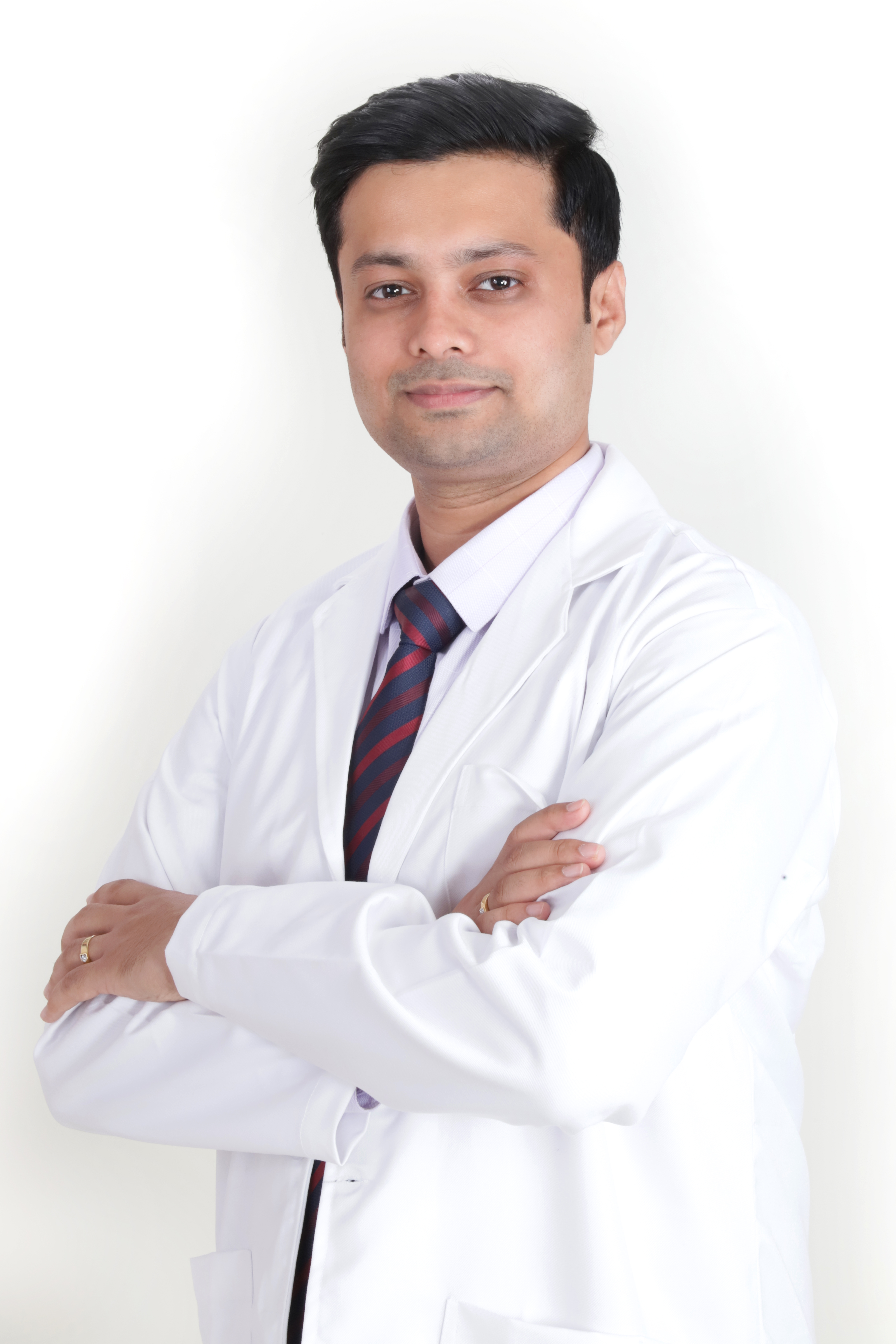
Yashas Ullas, MBBS
As an international medical graduate and radiologist with extensive experience in cancer imaging, I am passionate about leveraging advanced technology to improve children's lives. Currently, I am involved in integrated whole-body MRI and PET/MRI imaging studies of pediatric oncology patients, collaborating with computer scientists to develop novel AI algorithms for cancer detection and treatment monitoring. Additionally, I contribute my radiological expertise to the development of innovative MRI and PET/MRI biomarkers for detecting senescent cells in human tissue samples, aiming to further advance cancer diagnosis and treatment strategies.
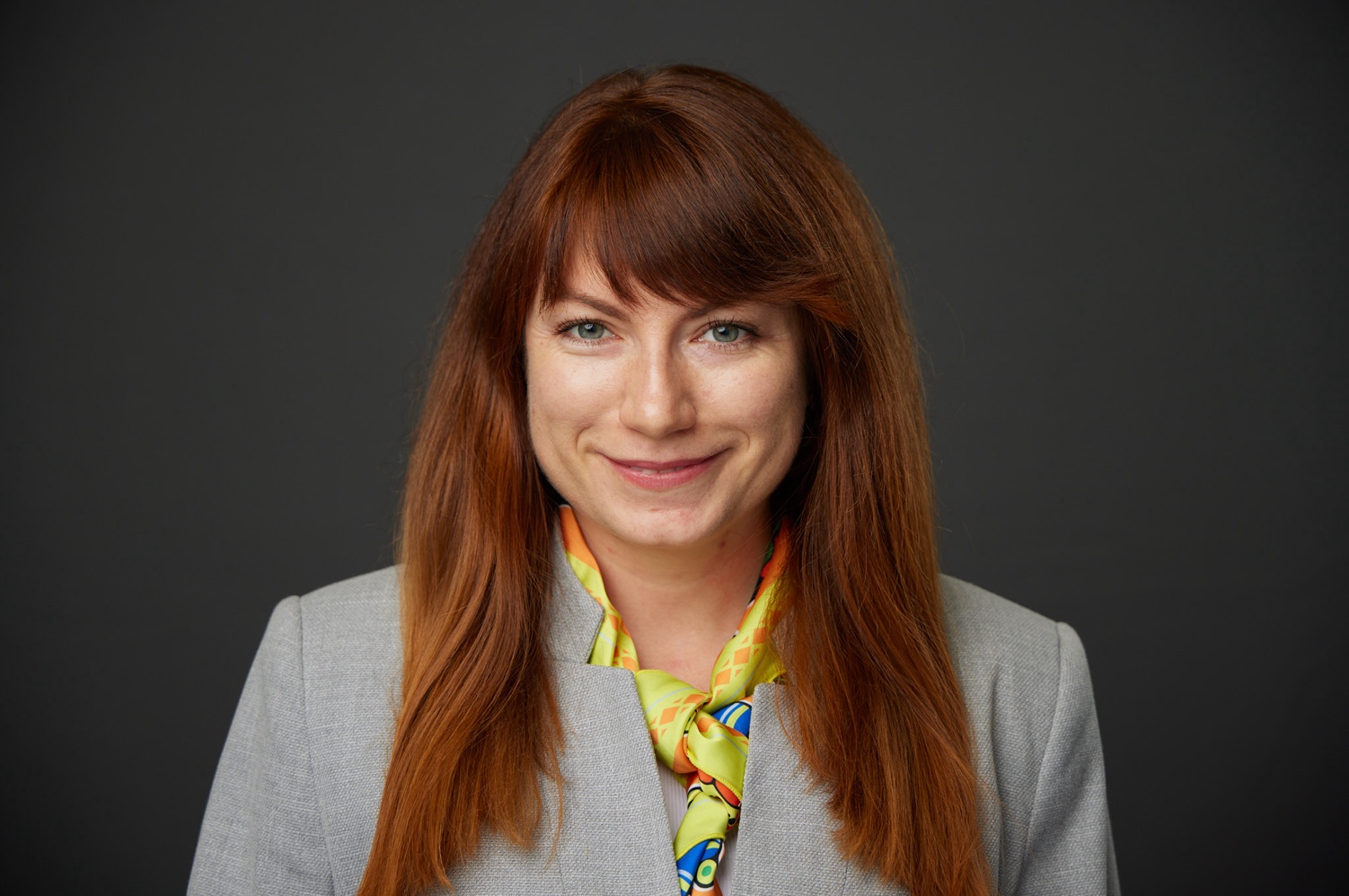
Iryna Vasilyv, MD
Postdoctoral Research FellowI am a radiologist specializing in oncological imaging. I leverage cutting-edge technologies like whole-body PET/MR to push the boundaries of accuracy and efficiency in cancer staging and re-staging. Driven by a passion for innovation, I actively contribute to the development of artificial intelligence tools in our lab. These tools play a pivotal role in enhancing the efficiency of diagnosis, staging, and management of a broad spectrum of oncological malignancies.

Vanessa Ricarda von Kruechten, MD
Postdoctoral Research FellowAs a European board-certified radiologist and physician-scientist, I am interested in improving pediatric cancer treatment, with focus on bone and soft tissue sarcomas. I am dedicated to developing advanced imaging markers that will optimize chemotherapy outcomes and reduce radiation exposure in young patients. My goal is to harness the power of AI-driven deep learning algorithms to enhance diagnostic precision and accelerate the translation of our research into tangible clinical benefits.
My previous research background includes identifying image-based biomarkers for early disease detection through large-scale, population-based whole-body MRI studies. My background lies in utilizing big data for medical research. I also gained experience in the field of cardiac imaging.
At Stanford, my passion for translational research drives me to design projects that directly improve medical care for our youngest and most vulnerable patients.
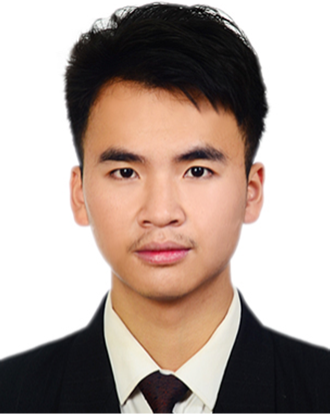
Jie Wang, PhD
Postdoctoral Research FellowI am driven by the potential of magnetic nanotechnology to revolutionize healthcare. This includes the investigation of nanoparticles for medical imaging, such as magnetic resonance imaging (MRI) and magnetic particle imaging (MPI) as well as the use of magnetic nanoparticles for theranostic treatments and magnetic hyperthermia (MNFH). My PhD research on MRI-guided magnetic hyperthermia for cancer theranostics sparked my passion for developing minimally invasive treatment options. Currently, I explore brain cancer theranostics using tumor-enzyme activatable nanoparticles, investigating their interaction with the tumor microenvironment through multi-modal imaging. This research aligns with my vision to translate fundamental scientific discoveries into clinically relevant tools that improve patient outcomes.
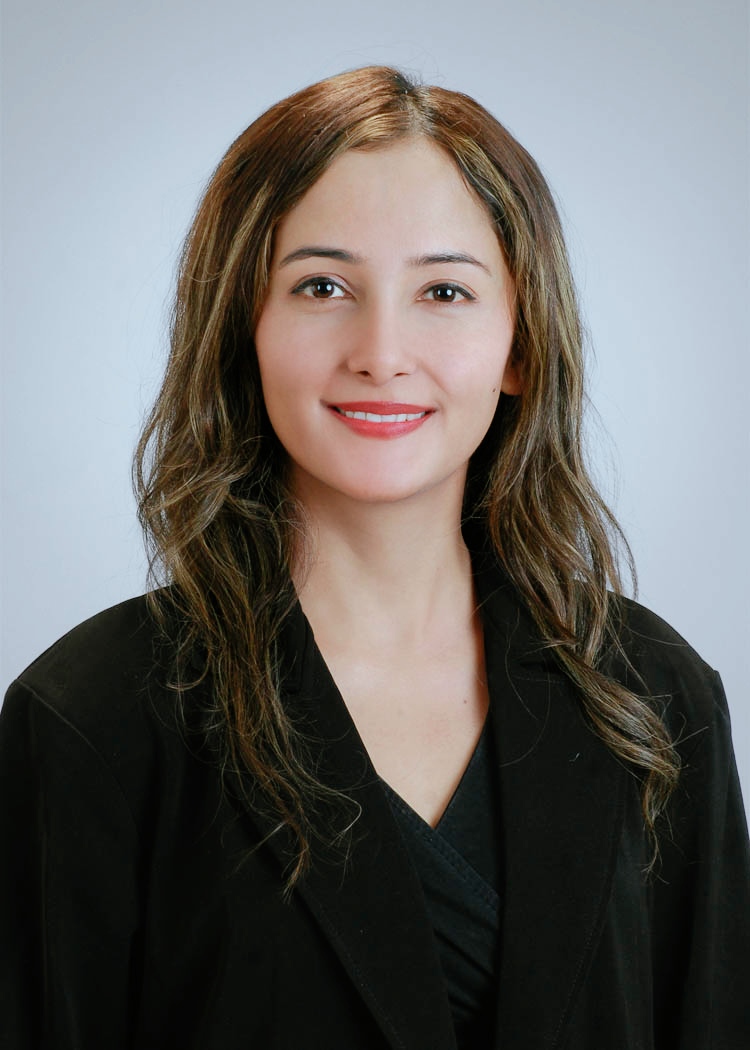
Prinska Ghimire, MBBS
Visiting InstructorI am a Visiting Instructor, currently conducting a year-long research project in the Daldrup-Link lab before pursuing a radiology residency. In 2023, I completed my medical studies at the Institute of Medicine in Kathmandu, Nepal. My commitment to radiology stems from a deep interest in utilizing imaging technology to contribute to accurate diagnosis and effective patient care. This passion aligns perfectly with my current research, which focuses on developing an AI algorithm for early detection of lymphoma in pediatric patients. This project provides valuable experience in applying cutting-edge technology to address critical clinical challenges, particularly within my areas of interest: molecular imaging, artificial intelligence, and cancer research. By contributing to this research, I aim to hone my technical skills, deepen my understanding of AI's potential in radiology, and ultimately become a well-equipped and impactful radiologist.
